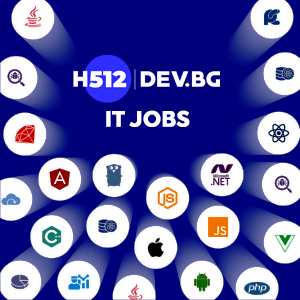According to a ranking of the global insurance company William Russell, Bulgaria is No. 1 in Europe in terms of expat growth. If in 1990 just over 21 thousand foreigners decided to leave their homeland to seek personal and professional development in Bulgaria, in 2020 they were already more than 184 thousand.
This growth of over 750% places our country in fourth place in the world, after South Korea, Colombia and Chile. And Spain closes the top five.
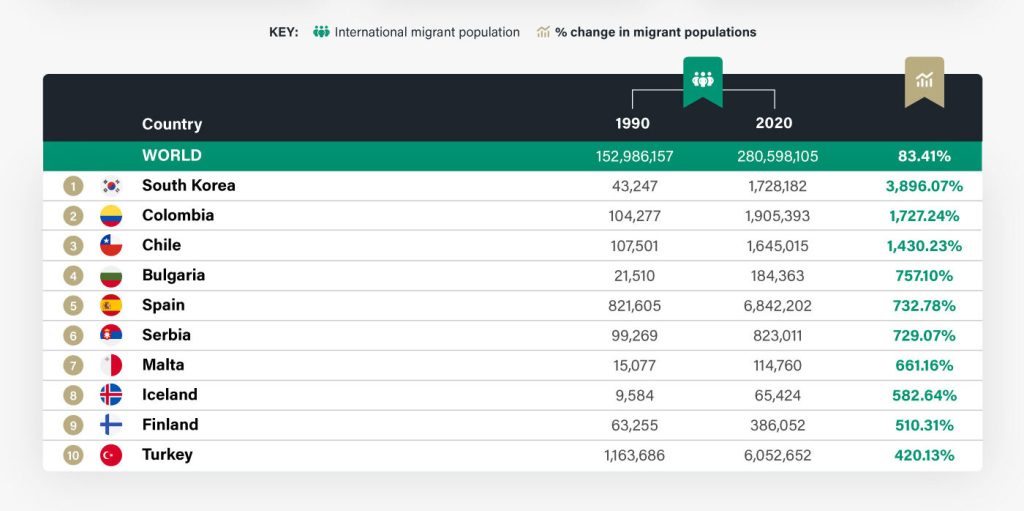
In terms of criteria such as healthcare, quality of life and job opportunities , the Expat Index ranked Bulgaria 38th out of 59 countries defined as richer and more developed. We are followed by countries such as the UK and Croatia.
With remote work options also available on H512.com’s Job Board, and attractive opportunities for young people, the IT industry is one of the main drivers of expat culture globally. And Bulgaria is no exception. An example of this is the story of Orlando-Hosse Martinez.
Choosing Bulgaria over the USA
Orlando-Jose graduated in computer science in his native Cuba and started working in a computer and mobile phone repair shop. There he learned to achieve high results with limited resources, turning his lack of tools and internet access into a unique experience.
However, the economic and social instability in his home country quickly forced him to think about career development and seek employment abroad. Two paths thus emerged for him – the USA or Europe, in the face of Bulgaria, as his sister was already living in the country at the time. So he did not hesitate for long, and the fact that part of his family was already here was not the only factor in his decision.
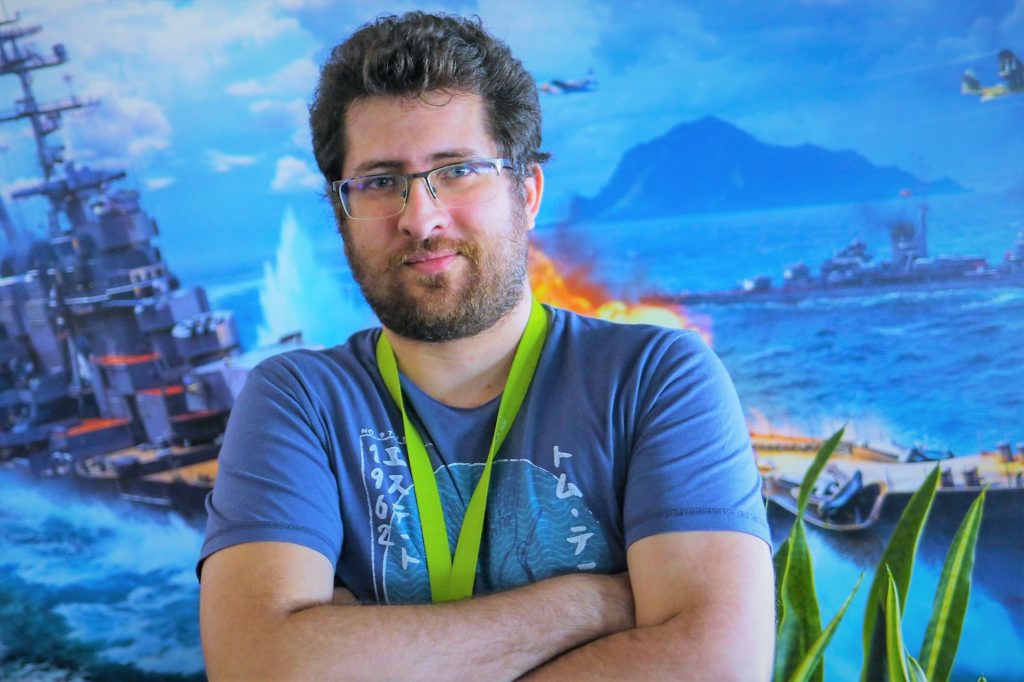
“I decided to come to Europe, to Bulgaria, because I like it better here. In the United States everything is too much. More hectic, crazier – you work, work, work. And here it’s a bit more relaxed, people are a bit more relaxed – they work, but they also have time to walk, to go out, to spend time with their family,” explains Orlando-Jose Martinez, adding that he is more in tune with the lifestyle here.
Our country is also more attractive to him for historical reasons. Because Bulgaria and Cuba were part of the same political camp for decades during the Cold War, he says, the life philosophies of the two nations are not very different. And that makes it easier to adapt to conditions here. At least in part.
Driven by this motivation, he arrived here 10 years ago and met his wife shortly after. They married a year after their first meeting. She is a lawyer, born in Plovdiv, but they decided to settle in Sofia because “the capital has the most opportunities”.
At that time , Orlando-Hosse’s professional career on Bulgarian soil was also already underway. He was part of the TELUS International Europe team, where he spent seven years of his career.

While the positive touches in this story make it sound fantastic, there is no shortage of challenges either. First and foremost is the language barrier. Coming from Cuba, his native language is Spanish. He has studied English, and is trying to learn English with the help of courses, but this is proving difficult because he is busy with his work. In the end, not knowing the language is not a problem for his career development, as in Bulgaria most people in the IT industry understand and speak English.
“The second big challenge was of course coming from a third world country to a first world one. It was a shock for me when I got my first salary here and it was more than what you get in five years in Cuba. At first you don’t know what to do with that money. But then you learn,” says Orlando-Jose Martinez with a smile.
The differences in climate also prove to be a problem. While in Cuba annual temperatures range from 20-41 degrees, here the amplitude can reach from over 40 in summer to -15 in winter. In the beginning this has a negative impact on his organism he constantly gets sick, but with time this challenge is also turned aside.
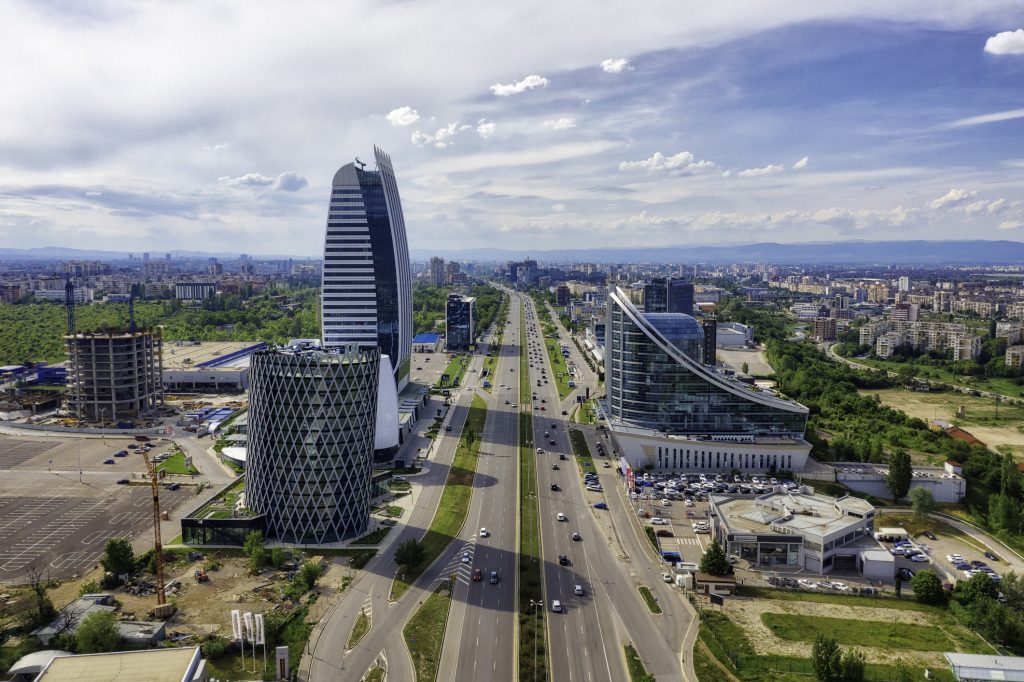
Photo: iStock
Today, Orlando-Jose Martinez is a hardware engineer at HPE and doesn’t regret for a second that he chose Bulgaria, which he calls the “Silicon Valley of Europe”, over the US.
“There are so many projects here. If you go to Business Park, they are all there. Big companies have offices here. All the big companies have support teams in Bulgaria. The country is a haven for telecommunications and technology. I’m really living my dream,” he says, adding, ” The country is developing, I’m developing professionally, so it hasn’t even crossed my mind to move somewhere else.”
Explore more
From roots in Sofia to the heights of corporate London
While Orlando-Jose Martinez sees Bulgaria as the field for his dreams to come true, Dimitar Milanov decided to do it in one of the centres of the corporate world – London. Today, Dimi, as his friends call him, is a director at Deloitte UK and leads a team of internal control, data and digital risk consultants, and his path to the corporate heights is filled with interesting turns.
He arrived in the Island in 2008, about a year after our country joined the European Union. Like many Bulgarians then, he left with the desire to get a better education. So he started studying psychology at the University of Nottingham.
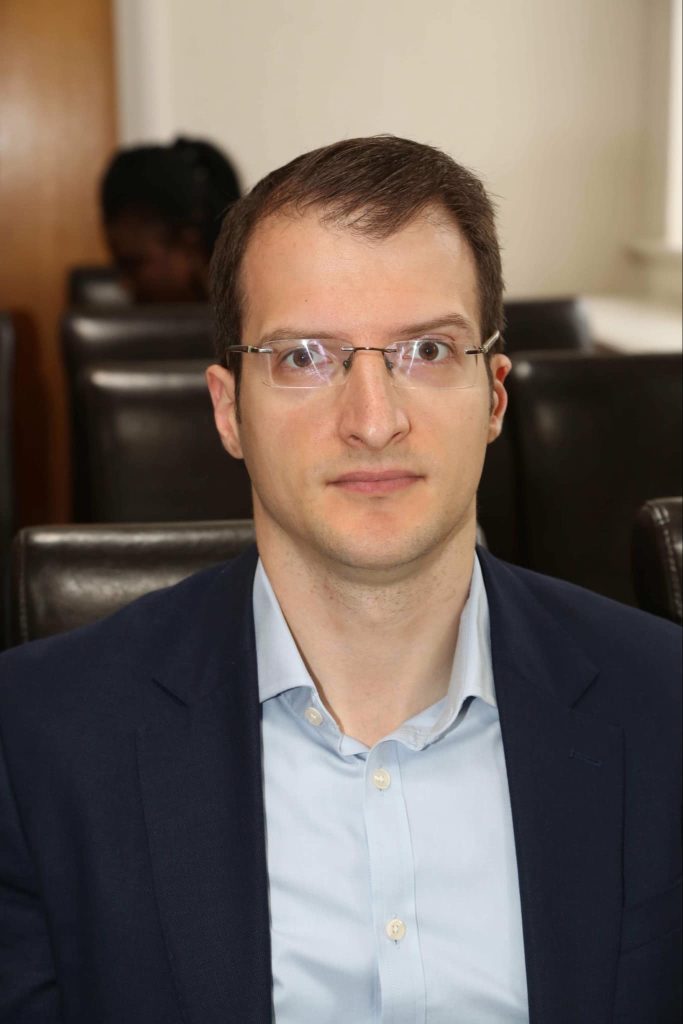
“I was tired of dealing with ‘what the author wants to say’. At Nottingham, for the first time, some people said to me, ‘Go and read all this stuff and tell me what you think about it’. For three years I had to think about all sorts of existential issues, which was very interesting. I remember, for example, the first time I wrote on the subject of whether animals have rights or not,” says Dimitar Milanov.
After completing this degree, he decided that he wanted to become a lawyer and within a year (and a number of equivalency exams) he obtained his legal qualification. He started working in a law firm but quickly realised that this was not what he wanted to do. So he decided to apply for a job at Deloitte.
You’re probably wondering where law, philosophy and cybersecurity intersect. Dimitar Milanov answers: “Education itself is a foundation for everything else. I think there are very few places where it really matters what you have studied. Most things happen with practice. The more you work with organizations in certain areas, the more you learn how processes happen.”
But desire alone is often not enough to get a person to the top levels of the Big Four consulting firms in the world. Dimitar also relies on a particular background typical of many Bulgarian teenagers from the end of the last century – the interest in the Internet and the then Web 2.0.
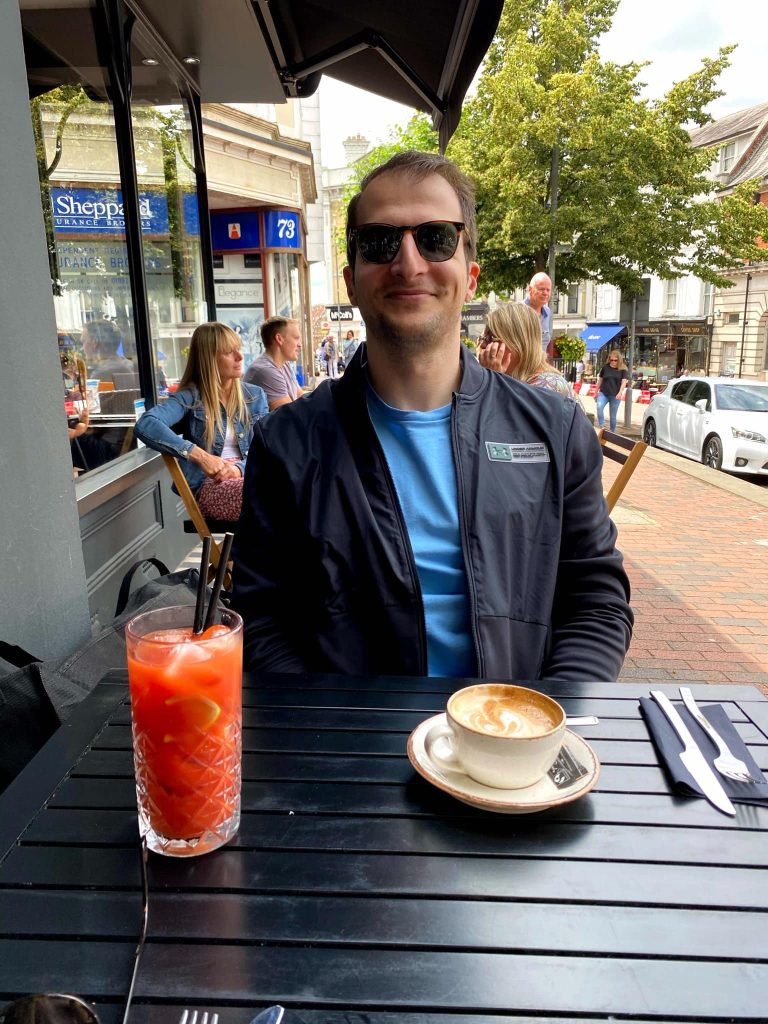
“Back then, my friends and I spent much of our free time not only playing games, but also doing more basic things related to system administration, networking, Linux, etc. Even though I’m not strictly into technical processes in detail now, it helped me understand how they change over time,” he explains.
The combination of all these different interests helped him to get started as a consultant at Deloitte and to continue gaining new knowledge. He worked with clients, analyzed data, and learned how to present information in a structured way to help people who were at a higher managerial level.
“At this stage, every project brings you an opportunity to learn and develop. You then gain skills to manage teams and clients and understand how the company itself works with them. You develop professionalism,” Dimitar Milanov recalls.
Now as a director, he attributes his professional evolution to two key qualities – his willingness to constantly learn new things and his positive attitude to feedback, even if it is often critical. “If you’re not open to that, it’s hard to grow. Whether you’re at Deloitte or Mars , these are the things that help a person the most to be successful both professionally and personally,” he says.
Today Dimitar Milanov lives with his wife (also Bulgarian) and their six-month-old son Arthur in a suburb of London. Although he is thousands of kilometres away from Bulgaria, he keeps an eye on the situation and sees huge developments.
On the one hand, the amount of large companies with business operations in the country is growing significantly – whether it is development centres or product creation. On the other hand, “despite the political situation, the social environment is developing very positively”. Still, he doesn’t plan to give up the expat path.

“The UK is the largest professional services market in the world, outside the US. It’s hard to find this type of work at this level anywhere in Europe. So, since I started growing up at Deloitte, I haven’t thought about going back to Bulgaria from a professional point of view,” says Dimitri.
But he concludes by stressing that he has many friends who are involved in programming and think it would be better to go home and work in one of the many good places that give them opportunities to develop in their field.
Of course, whether Dimitar Milanov will return to Bulgaria and Orlando-Jose Martinez will rediscover his homeland is a matter of possibilities and circumstances. But for now, both continue on the path of expats. A path that proves unequivocally that there are no limits to dreams.

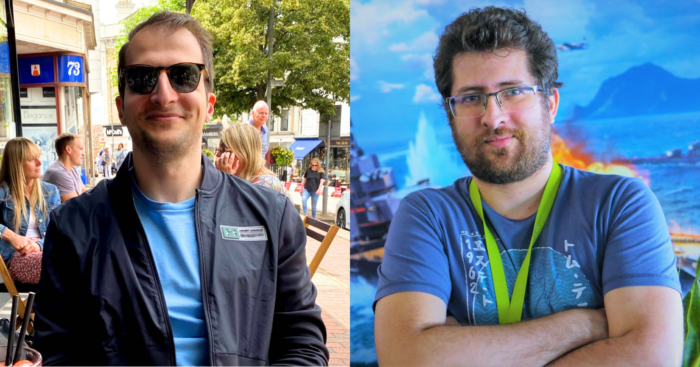
 Publish date: 13 January, 2025
Publish date: 13 January, 2025